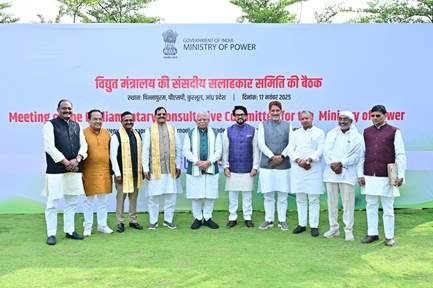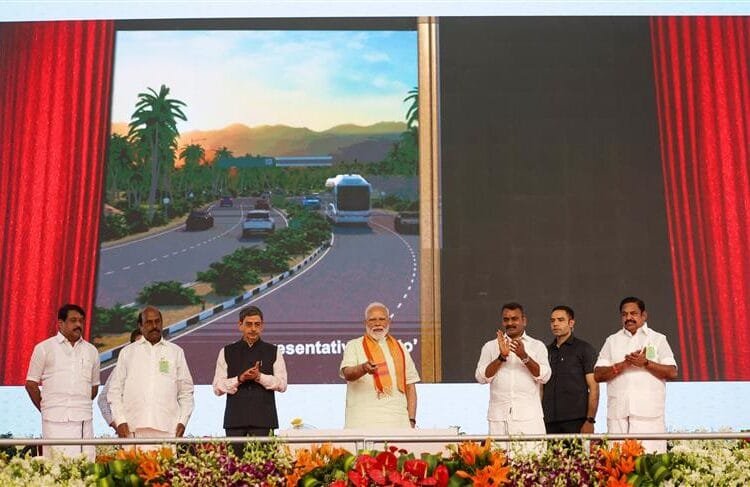PSP can store surplus green energy, says Minister
A nationwide Pumped Storage Projects (PSPs) of about 224 GW has been identified, Power Minister Manohar Lal has told a meeting of the Consultative Committee of the Members of Parliament at Pinnapuram, Kurnool district, Andhra Pradesh https://powermin.gov.in/.
Of this, 56 PSPs with a capacity of about 78 GW are at various stages of planning and development while 10 PSPs with a total capacity of around 7 GW have been commissioned, another 10 PSPs of about 12 GW capacity are under construction, he updated Members on 17 Nov.
He underlined that PSPs can play a critical role by storing surplus green power and meeting electricity demand during non-solar hours https://www.conexpoconagg.com/.
On the issue of evaporation losses from PSP reservoirs, the Minister suggested deploying floating solar power projects as a viable solution, while he called on State Governments to facilitate PSP development through timely site allocation, water allocation, and expeditious clearances.
He urged the Members of the Committee to engage with State Governments to consider withdrawal of charges such as Green Energy cess, water tax, and reservoir lease fees, to accelerate the development of PSPs https://www.globaltenders.com/.
The Members were apprised of the key policy initiatives undertaken by the Indian Government to accelerate PSP development. These include the issuance of Guidelines for PSP development outlining modalities for site allotment, exemption from free power and Local Area Development Fund obligations etc., and a full waiver of Inter-State Transmission (ISTS) charges for 25 years for projects awarded on or before 30 June 2028.
The Government has also extended budgetary support for enabling infrastructure, notified Renewable Consumption Obligations for energy storage systems, and issued Tariff-Based Competitive Bidding (TBCB) guidelines for procurement of storage capacity/stored energy from PSPs https://ted.europa.eu/en/.
Further, off-stream closed-loop PSPs have been exempted from the requirement of CEA concurrence. Additionally, the capital expenditure threshold for CEA concurrence for hydro and PSP projects has been revised to Rs.3,000 crore, as against the earlier limit of Rs.2,500 crore for competitively bid projects and Rs.1,000 crore for MoU-route projects.
The Members of the Consultative Committee commended the Ministry of Power for the comprehensive policy push being given to PSPs. They noted that the recent steps, such as easing the technical appraisal requirements for off stream closed loop PSPs, strengthening the viability through budgetary support for enabling infrastructure and waiver of ISTS charges, have significantly improved confidence among developers and States https://www.opec.org/.
The Members of the Committee provided valuable suggestions to further accelerate the development of PSPs across the country. The Committee also discussed the environmental implications of PSPs and renewable energy sources such as wind and solar. They underscored the advantages of PSPs, highlighting their relatively lower environmental impact.
Shripad Yesso Naik, Minister of State for Power, also addressed the Committee, and informed that the successful commissioning during 2025-26 of all eight units of the 1,680 MW Pinnapuram PSP alongside the 500 MW Tehri PSP marks a major national achievement reflecting strong coordination between the Centre, States, CPSUs and the private sector. Fiinews.com










